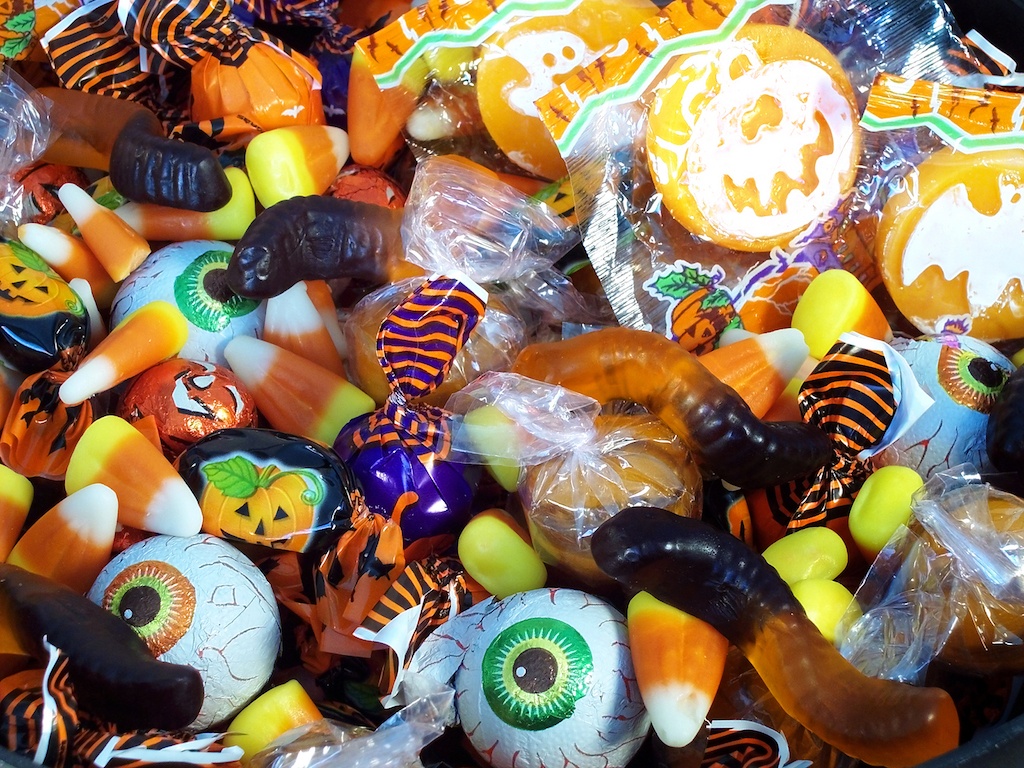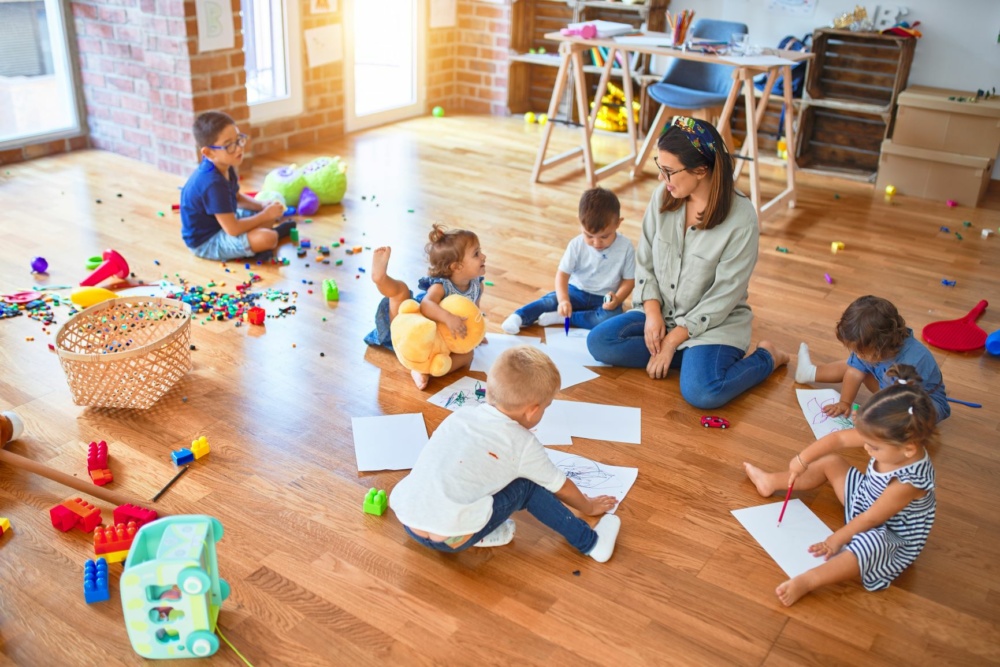Halloween is looming and for most young children, it’s the only night of the year when they’re free to roam the streets, visiting strangers homes for tricks and treats. So, what’s a parent to do?
Encouraging children to stay out of the street, wear reflective clothing, and carry a flash light on Halloween night is a good start, suggests Ross Tobleman, MD, emergency medical director at Baylor Scott & White–Round Rock.
Parents should accompany their children every step of the way while trick-or-treating, and drivers should be more cautious this weekend, with the increased amount of children outside at night.
“It’s important that parents help kids find the balance between a traditional fun activity and a healthy, safe lifestyle,” says Dr. Tobleman. Some important trick-or-treating tips for kids are to stay on the sidewalk, approach only houses that are lit and avoid petting unfamiliar animals.
For those who will have goblins and ghosts visiting your home, make sure your yard is clear of such things as ladders, hoses, dog leashes and flower pots that can trip the young ones. Often, pets get frightened on Halloween. Adults should leave pets in an area away from visitors to protect them from cars or inadvertently biting a trick-or- treater.
Candles can also be a hazard to children approaching your front door. Tobleman suggests using battery powered jack o’ lantern candles compared to a real flame, reducing fire-related injuries. If you do use candles, place the pumpkin away from where trick-or-treaters will be walking or standing.
Safety isn’t the only concern on Halloween. Parents should also consider the amount of sugar and calories kids take in during this holiday. One tactic to reduce the amount of candy kids consume is for parents to buy back the candy for money or books. After the kids enjoy some candy while trick or treating, parents can buy back as much as they can, offering a nickel for each piece of candy their child likes but doesn’t love, and a quarter for each piece of something they do. “This way, they could decide how much to keep,” says Dr. Tobleman. “And most likely, they would rather have the money, so they end up keeping very little candy- decreasing sugar highs and stomach aches.”
“Keeping your family safe and healthy is our number one priority,” said Dr. Tobleman.







Recent Comments